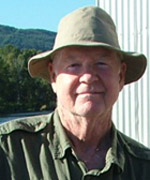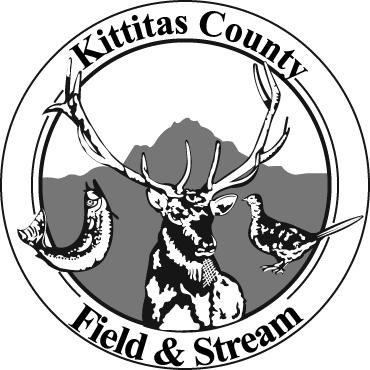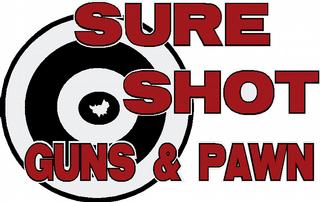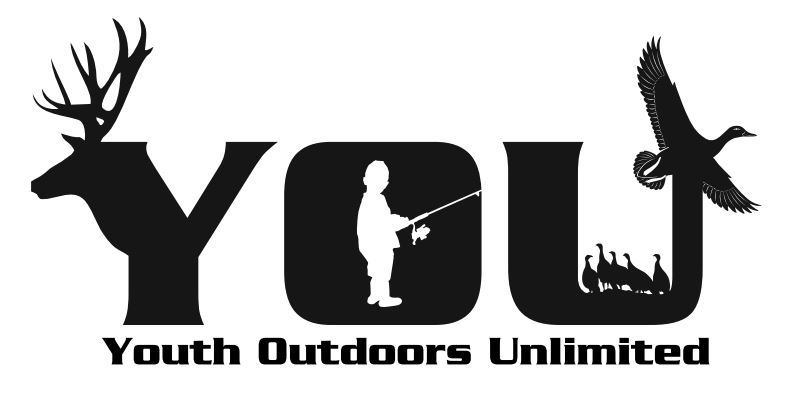About Names, Words, and “Owning” Public Lands
I have long been fascinated with words and names, and the deeper meanings of them. It all started, I am certain, when I was six years old asking my mother about my middle name. We spent some time looking it up, and it turned out that “LeRoy” is the Anglican version of the French “Le Roi” (the king). I can’t say that life turned out quite as my six-year-old self joyfully imagined it, but I have certainly been aware through these decades – for better or worse – of a heightened responsibility for my actions.
When I was teaching the Asian portions of my world geography classes, part of the cultural discussion had to do with family histories. In some cases, Asian students were able to trace family names back 50 generations and more. Furthermore, virtually every East Asia student could readily speak to their name, what it meant, and why it was given. A young woman might have a name which translated into “beautiful flower to bring joy and peace to the family,” and a young man’s name might be focused on hard work, or wisdom, or success in bringing peace and prosperity. The American students would generally deny any meaning for their names – until they finished the “find the etymology of your name” assignment I gave them. Almost to a person, they were surprised to find how closely their lives were aligned with the history and definition of the “random” names with which their parents had saddled them. Names matter.
Words matter, too. Find the roots of various common words and it may change the way you look at the world around you. For example, have you considered that the root words of “patience” (and its various forms), from Middle English, French and Latin, are “quiet suffering.”
How we use words informs how we behave and reinforces what we believe. Communities all around us, from those living in poverty to minorities and genders, have been telling us this forever. Words matter; sometimes in surprising ways.
What brought all this on was a last-week conversation about names and the importance of helping friends and coworkers remember, and properly spell and pronounce, one’s name. That led into a confab about the various meanings of words we commonly use to guide our lives.
On the way home, I heard a talk show caller speak of land that was “owned” by a state agency, and other land that was “owned” by the feds. At home, I read the interesting article about the volunteers working to find solutions to problems with the much-used and somewhat abused Manastash Trail system to The Ridge. In that article, one of my favorite homeys spoke of the efforts to help find solutions to the problem on land “owned” by the Washington Department of Fish and Wildlife. Hmmmm…
The concepts surrounding the public ground of Paradise, and elsewhere, have always intrigued me. I have long believed that the idea of public ground – “our” land – is fundamental to the good life we seek here in America, and I’m never surprised when some homey stops me to chat it up. You may even be one of those who has been indignant about how your voice and opinions on the management of roads and access on “our” ground didn’t seem to matter.
This is a particularly important point for our county. As you know, Kittitas County has more public land than any county in Washington, and it is those lands over which users and managers get sideways from time to time.
Issues over management of public lands start with the way those lands are described. Those agencies and managers who speak of “managing the public’s lands” (of which there seem to be more these days) seem to be consistently respected by users. On the other hand, those agencies and managers who speak of “managing the land we own” are nearly always at odds with users. It all lies in perception of ownership.
Too often, I still hear city, county and state officials refer to our public land as “owned” by one or another public agency or group. I have even heard politicos who would fight to the death for private property rights use that language, unconsciously giving ownership rights to agencies simply charged with “managing” our land.
If one owns land, one has far less obligation to the opinions or wishes of others than if one is simply managing it. There is a big perceptual difference and it shows up in how ground is handled. Thus, I have long been on a mission to help folks remember that we all are owners of the public land around us – and the folks who manage it for us are hired to do so.
Words, and how we use them, are important to the future of our outdoor heritage. If it is not “our” ground, why would we care about our grandchildren’s grandchildren, and those who will follow?
We have a sacred responsibility to look after our ground. Words, and how we use them, matter.







